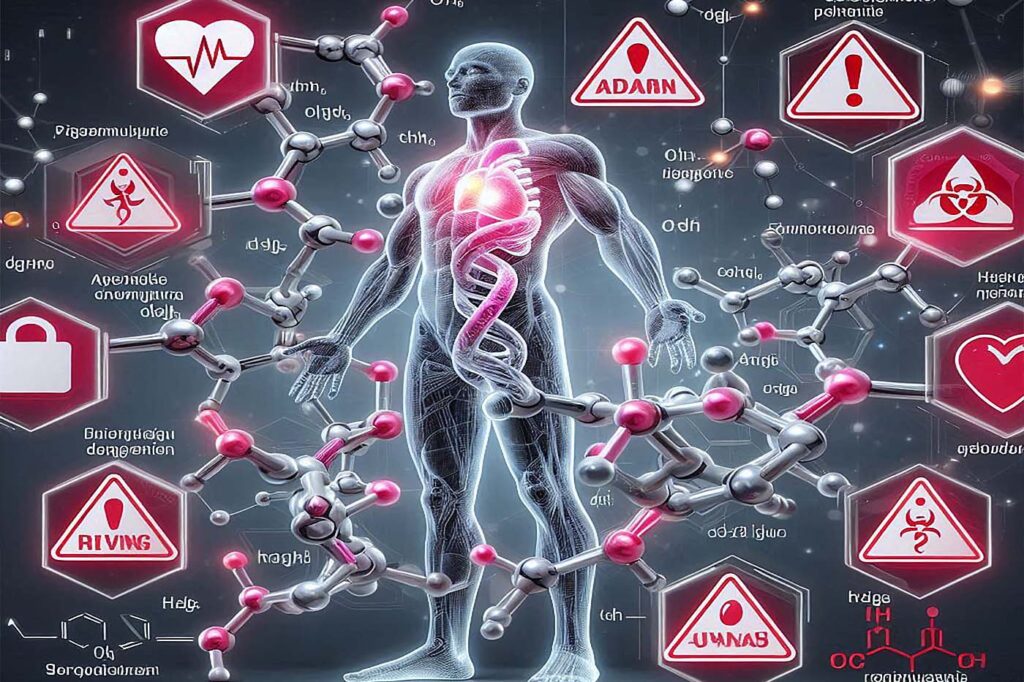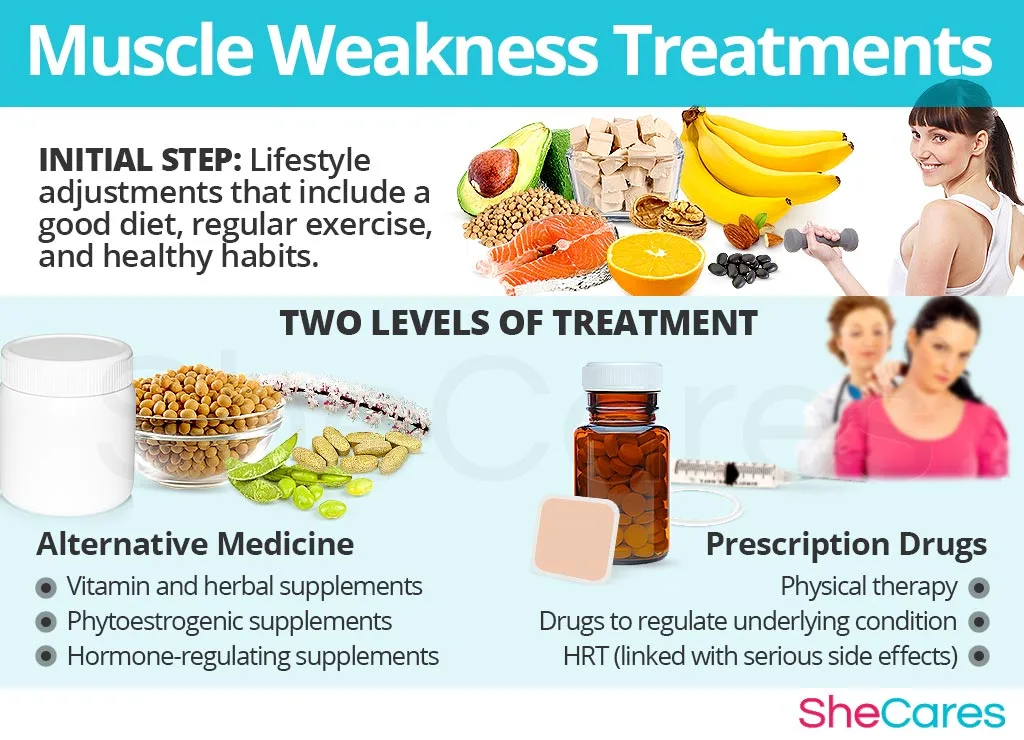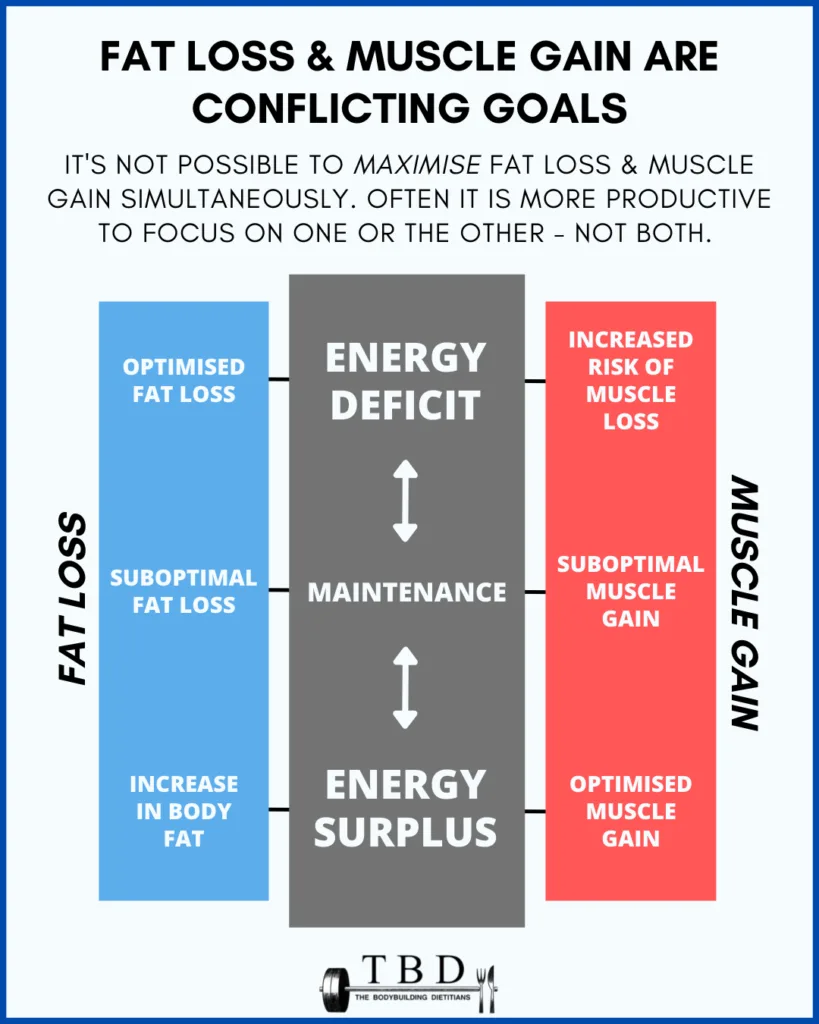Sustainable weight loss focuses on long-term, healthy habits rather than quick fixes. It combines balanced nutrition, regular exercise, and mental well-being.
Achieving sustainable weight loss involves creating a lifestyle change rather than relying on fad diets or extreme measures. This approach prioritizes nutrient-dense foods, consistent physical activity, and adequate sleep to support overall health. Mindful eating and stress management also play crucial roles in maintaining a balanced weight.
Setting realistic goals and tracking progress helps in staying motivated. By making gradual adjustments and staying patient, individuals can achieve lasting results. Sustainable weight loss not only improves physical appearance but also enhances energy levels, mood, and overall quality of life.
Introduction To Sustainable Weight Loss
Achieving sustainable weight loss means making changes that last. It focuses on healthy habits and long-term success. Quick fixes may bring fast results, but they often fail. Sustainable weight loss is not just about the scale. It’s about feeling better, stronger, and more energetic.
Why Quick Fixes Fail
Quick fixes promise fast results. They often involve extreme diets or intense workouts. These methods are hard to maintain. Most people can’t stick to them for long. This leads to regaining the lost weight.

Quick fixes can harm your health. They may cause nutrient deficiencies. Your body needs a balanced diet to function well. Extreme diets can also slow down your metabolism. This makes it harder to lose weight in the future.
Setting Realistic Goals
Realistic goals are key to sustainable weight loss. Start with small, achievable targets. Celebrate each milestone. This keeps you motivated and focused.
Use the SMART method to set goals:
- Specific: Define your goal clearly.
- Measurable: Track your progress.
- Achievable: Ensure your goal is attainable.
- Relevant: Make sure it aligns with your needs.
- Time-bound: Set a deadline for your goal.
An example of a SMART goal could be: “I will walk 30 minutes every day for the next month.”
The Science Of Weight Loss
Understanding the science behind weight loss is crucial for achieving sustainable results. By learning how your body works, you can make informed decisions about your diet and exercise routine. This section delves into the core principles of weight loss, focusing on key factors like caloric deficit and metabolism.
Caloric Deficit Explained
A caloric deficit is when you consume fewer calories than your body needs to maintain its current weight. It is the cornerstone of weight loss. Here’s a simple way to understand it:
- Calories In: The food and drinks you consume.
- Calories Out: The energy your body uses for daily activities and functions.
To lose weight, you need to create a caloric deficit by either eating less or exercising more. The table below shows how a caloric deficit impacts weight loss:
| Caloric Deficit (per day) | Weight Loss (per week) |
|---|---|
| 500 calories | 1 pound |
| 1000 calories | 2 pounds |
Role Of Metabolism
Metabolism is the process by which your body converts food into energy. A faster metabolism means your body burns more calories, even at rest. Here are factors that influence your metabolism:
- Age: Metabolism slows down as you age.
- Muscle Mass: More muscle means a higher metabolic rate.
- Physical Activity: Regular exercise boosts metabolism.
Understanding your metabolism helps you tailor your weight loss strategy. For instance, strength training can increase muscle mass and boost your metabolic rate.
Combining a caloric deficit with activities that enhance your metabolism can lead to effective and sustainable weight loss.
Nutritional Foundations
Building a healthy and sustainable weight loss journey starts with a strong nutritional foundation. Understanding what your body needs can make a big difference. Learn about balanced diets and the role of macronutrients.
Balanced Diet Essentials
A balanced diet is key to sustainable weight loss. It involves eating the right proportions of various foods. This ensures that your body gets all the nutrients it needs.
| Food Group | Daily Servings |
|---|---|
| Fruits | 2-4 |
| Vegetables | 3-5 |
| Grains | 6-11 |
| Protein | 2-3 |
| Dairy | 2-3 |
Fruits and vegetables should make up a large part of your diet. They provide essential vitamins and minerals. Grains should be mostly whole grains. They offer more nutrients than refined grains. Protein sources should include lean meats, beans, and nuts. Dairy provides calcium and vitamin D. Choose low-fat or fat-free options.

Understanding Macronutrients
Macronutrients are nutrients that your body needs in large amounts. They provide the energy necessary for daily activities. There are three main types of macronutrients: carbohydrates, proteins, and fats.
- Carbohydrates: Your body’s main energy source. Choose complex carbs like whole grains and vegetables.
- Proteins: Essential for muscle repair and growth. Include lean meats, dairy, beans, and nuts in your diet.
- Fats: Necessary for brain health and hormone production. Opt for healthy fats like olive oil, avocado, and nuts.
Each macronutrient plays a unique role in your health. Balancing these nutrients can help you maintain energy and feel full longer. This balance is crucial for sustainable weight loss.
Mindful Eating Strategies
In your journey to achieve sustainable weight loss, mindful eating strategies can make a significant difference. This approach encourages you to be fully present during meals, paying attention to every bite and savoring the experience. By adopting mindful eating, you can build a healthier relationship with food and better understand your body’s needs.
Benefits Of Mindfulness
Practicing mindfulness during meals offers numerous benefits. It helps you avoid overeating by encouraging you to listen to your body’s hunger and fullness signals. Additionally, mindful eating can reduce stress, which often leads to emotional eating. This method also enhances your enjoyment of food, making meals more satisfying.
| Benefit | Description |
|---|---|
| Better Digestion | Eating slowly improves digestion. |
| Weight Control | Helps maintain a healthy weight. |
| Reduced Cravings | Decreases the desire for unhealthy snacks. |
| Improved Mood | Boosts overall mood and reduces stress. |
Hunger And Fullness Cues
Understanding your hunger and fullness cues is crucial for mindful eating. Start by eating only when you’re physically hungry, not out of boredom or stress. Pay close attention to your body’s signals during meals. Stop eating when you feel comfortably full, not stuffed.
- Recognize true hunger.
- Eat slowly and savor each bite.
- Pause halfway through your meal to assess your fullness.
- Stop eating when you feel satisfied, not overly full.
Practicing mindful eating strategies can transform your approach to food. It encourages a healthier lifestyle and sustainable weight loss. By tuning into your body’s needs, you can make more informed choices and enjoy a more balanced diet.
Physical Activity For Life
Engaging in regular physical activity is essential for sustainable weight loss. It helps maintain a healthy weight and improves overall well-being. Consistency is key. Find activities you enjoy and can incorporate into your daily routine.
Incorporating Exercise
Adding exercise to your daily routine doesn’t have to be difficult. Start with small steps. Aim for at least 30 minutes of activity each day. This can be broken into shorter sessions if needed.
- Morning Walks: Start your day with a brisk walk.
- Home Workouts: Follow online exercise videos.
- Office Exercises: Stretch or walk during breaks.
Consistency is important. Set a schedule and stick to it. Track your progress and celebrate small victories.
Finding Enjoyment In Movement
Exercise should not feel like a chore. Find activities you enjoy. This can make it easier to stay active.
Consider these enjoyable activities:
- Dancing: Join a dance class or dance at home.
- Swimming: A fun way to get a full-body workout.
- Sports: Play a sport you love with friends.
Try different activities to see what you like best. The goal is to move and have fun. This makes it easier to stay active long-term.
Remember, physical activity is a key part of a sustainable weight loss journey. Find what works for you and make it a part of your life.
Behavioral Changes For Weight Management
Achieving sustainable weight loss requires more than just diet and exercise. It involves making long-term behavioral changes that support a healthy lifestyle. By focusing on key areas like habit formation and coping with setbacks, you can create lasting change.
Habit Formation And Change
Forming new habits takes time and effort, but it is essential for long-term weight management. Start by setting small, achievable goals. For instance, aim to eat one extra serving of vegetables daily.
Use tools like habit trackers to monitor your progress. Consistency is key. Stick to your new habits even on weekends and holidays. Celebrate small wins to keep motivated.
Replace bad habits with healthier alternatives. If you crave sweets after dinner, try having a piece of fruit instead. Over time, these small changes add up to significant results.
Coping With Setbacks
Everyone faces setbacks on their weight loss journey. The important thing is to not let setbacks derail your progress. Understand that setbacks are a natural part of the process.
Develop a plan for dealing with setbacks. This could include talking to a friend, journaling, or practicing mindfulness. These strategies help you stay on track and avoid negative spirals.
Learn from your setbacks. Identify what triggered them and think about how you can handle similar situations better in the future. This helps you grow and improve.
Surround yourself with a supportive community. Having friends or family who encourage you can make a big difference. Join online groups or local meet-ups focused on weight loss and healthy living.
Long-term Motivation Techniques
Achieving sustainable weight loss requires more than just a diet plan. It demands a shift in mindset and persistent motivation. In this section, we will explore various long-term motivation techniques that can help you stay on track with your weight loss goals.
Staying Inspired
Maintaining inspiration is crucial for long-term weight loss success. Here are some effective strategies:
- Set Realistic Goals: Break your weight loss journey into smaller, manageable goals. Celebrate each milestone to stay motivated.
- Keep a Journal: Document your progress, feelings, and challenges. This helps you see how far you’ve come.
- Visualize Success: Picture your ideal self and how you will feel. This can be a powerful motivator.
Community And Support Systems
Having a support system can make a significant difference in your weight loss journey. Consider these options:
| Support Type | Benefits |
|---|---|
| Friends and Family | Provide encouragement and accountability. Share healthy meals and activities together. |
| Online Communities | Join forums or social media groups. Share tips, challenges, and progress with like-minded individuals. |
| Professional Help | Consult with a nutritionist or a personal trainer. Get personalized advice and support. |
Building a strong network of supportive individuals can enhance your motivation and help you stay committed to your weight loss goals.
Weight Loss Myths Debunked
Many people believe in myths about weight loss. These myths can mislead you. Understanding the truth is important for sustainable weight loss.
Common Misconceptions
- Skipping meals helps you lose weight. This can slow your metabolism.
- All carbs are bad. Your body needs healthy carbs for energy.
- You must do intense workouts. Moderate exercise can also be effective.
- Fad diets are the best way. These diets are often unsustainable.
Evidence-based Facts
Let’s look at what research says about these myths:
| Myth | Fact |
|---|---|
| Skipping meals helps you lose weight. | Skipping meals can lead to overeating later. |
| All carbs are bad. | Whole grains and fruits are good carbs. |
| You must do intense workouts. | Walking and light activities are beneficial. |
| Fad diets are the best way. | Balanced diets are more effective long-term. |
Understanding these myths can help you make better choices. Always aim for a balanced, sustainable approach to weight loss.
Monitoring Progress Without Obsession
Keeping track of your weight loss journey can be motivating. But it’s essential to monitor progress without becoming obsessed. This balanced approach ensures you stay healthy, both mentally and physically. Let’s explore some effective methods to track your progress.

Healthy Tracking Methods
Tracking your progress helps you stay on course. Here are some healthy methods to consider:
- Weekly Weigh-Ins: Step on the scale once a week. This avoids daily fluctuations.
- Food Journals: Record what you eat. It helps in understanding your eating patterns.
- Progress Photos: Take photos every month. Visual changes can be more motivating.
- Measurements: Measure your waist, hips, and other areas monthly. Sometimes inches lost matter more than pounds.
Non-scale Victories
Non-scale victories are just as important as the numbers on the scale. They show you are making positive changes. Celebrate these wins:
- Clothes Fitting Better: Notice your clothes becoming looser? That’s progress!
- Increased Energy Levels: Feel more energetic throughout the day? You are getting healthier.
- Improved Mood: Feeling happier and less stressed? That’s a significant victory.
- Better Sleep: Sleeping more soundly? Your body appreciates the changes.
These victories highlight the overall benefits of your weight loss journey. They remind you that health is more than just a number on the scale.
Adapting Your Plan As Life Changes
Life is full of changes and surprises. A sustainable weight loss journey should adapt to these changes. This flexibility ensures long-term success. This section covers key strategies for adapting your plan.
Adjusting Goals
Goals may change over time. It’s important to adjust your goals according to your current situation. Set realistic, achievable targets. This keeps you motivated and on track.
- Evaluate your progress regularly.
- Make small adjustments to your goals if needed.
- Celebrate small victories to stay motivated.
Maintaining Flexibility
Flexibility is crucial. Life can be unpredictable, and so can your schedule. A flexible plan allows you to adapt without stress.
| Situation | Flexible Approach |
|---|---|
| Busy Work Schedule | Short, high-intensity workouts |
| Family Commitments | Incorporate family activities |
| Traveling | Choose healthy options on the go |
Make adjustments to stay on track, even when life gets hectic. Here are some tips:
- Plan ahead for busy weeks.
- Keep healthy snacks handy.
- Stay active with quick exercises.
Remember, the key to sustainable weight loss is adapting your plan as life changes. Stay flexible and keep moving forward.
Sustaining Weight Loss In Different Life Stages
Losing weight is one thing. Keeping it off is another. Sustaining weight loss can be challenging, especially across different life stages. As we grow and our lives change, our bodies and habits do too. This section explores how you can maintain your weight loss at various life stages.

Age-related Considerations
Age affects how our bodies respond to weight loss. As we age, our metabolism slows. This makes it harder to keep the weight off.
| Age Group | Challenges | Tips |
|---|---|---|
| Teens | Peer pressure and body image issues | Focus on healthy habits, not just weight |
| 20s | Irregular eating habits | Plan meals and snacks ahead |
| 30s | Busy careers and family life | Incorporate quick, healthy meals and workouts |
| 40s and 50s | Slower metabolism | Increase protein and strength training |
| 60s and beyond | Less mobility and muscle loss | Focus on gentle exercises and balanced diet |
Lifestyle Transitions
Different life events also impact weight maintenance. Major life transitions bring stress and changes in habits.
- Starting a New Job: Adapt to new routines. Pack healthy lunches and snacks.
- Getting Married: Share healthy habits with your partner. Cook balanced meals together.
- Having Children: Set a healthy example. Involve kids in meal planning and physical activities.
- Retirement: Stay active with hobbies. Join fitness groups or clubs.
Adapting to these transitions is key to sustaining weight loss. Always remember to focus on healthy, balanced choices.
Conclusion: Embracing A Lifelong Journey
Embarking on a sustainable weight loss journey is more than reaching a goal. It’s about embracing a lifestyle that supports health and well-being. This journey requires patience, dedication, and self-compassion. It’s a lifelong commitment to yourself, celebrating every small victory along the way.
Celebrating Milestones
Celebrating milestones is crucial in a sustainable weight loss journey. Each step forward, no matter how small, is a victory. These milestones keep you motivated and focused.
- Track your progress regularly.
- Reward yourself with non-food treats.
- Share your achievements with friends and family.
Recognize your efforts and feel proud of your achievements. Every milestone brings you closer to your ultimate goal.
Continued Learning And Growth
A sustainable weight loss journey involves continuous learning and growth. Stay informed about nutrition, exercise, and mental health. Educate yourself to make better choices.
- Read books and articles on healthy living.
- Attend workshops and seminars.
- Consult with health and fitness professionals.
Keep evolving and adapting your strategies. Your journey is unique, and so should be your approach.
Remember, sustainable weight loss is not a destination but a lifelong journey. Embrace every moment, celebrate your milestones, and continue to learn and grow. Your commitment to a healthier lifestyle will bring lasting rewards.
Frequently Asked Questions
What Is The Best Way To Lose Weight Sustainably?
The best way to lose weight sustainably is to eat a balanced diet, exercise regularly, and get sufficient sleep. Avoid fad diets. Focus on whole foods like fruits, vegetables, lean proteins, and whole grains. Drink plenty of water and manage stress effectively.
Consistency is key for long-term success.
What Is The 30/30/30 Rule For Weight Loss?
The 30/30/30 rule for weight loss involves eating 30 grams of protein, exercising for 30 minutes, and consuming 30 grams of fiber daily. This approach helps boost metabolism, maintain muscle mass, and improve digestion.
What Is The 2 2 2 Method Metabolism?
The 2 2 2 method metabolism involves eating two meals, two snacks, and drinking two liters of water daily. This strategy helps maintain energy levels and supports metabolism.
What Is The Most Sustainable Rate Of Weight Loss?
The most sustainable rate of weight loss is 1-2 pounds per week. This ensures healthy and lasting results.
Conclusion
Achieving sustainable weight loss requires dedication and smart choices. Focus on balanced diets and regular exercise. Embrace a healthy lifestyle for long-term success. Remember, small changes lead to big results over time. Stay consistent and patient. Your journey to a healthier you is worth every effort.











